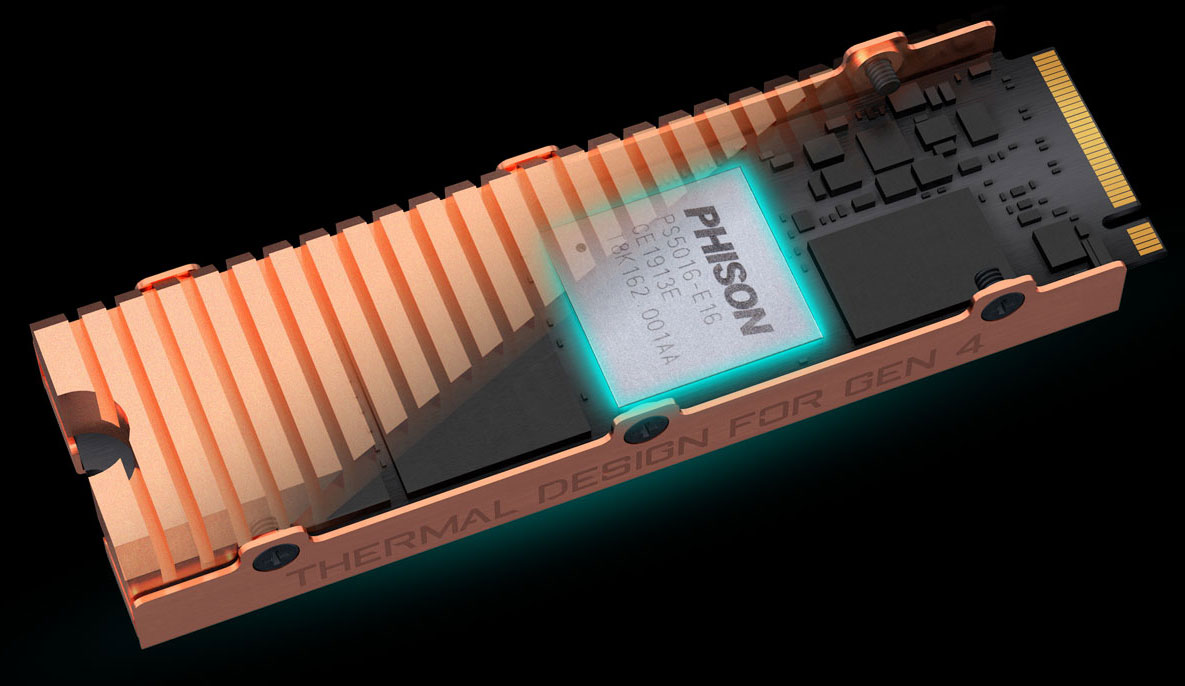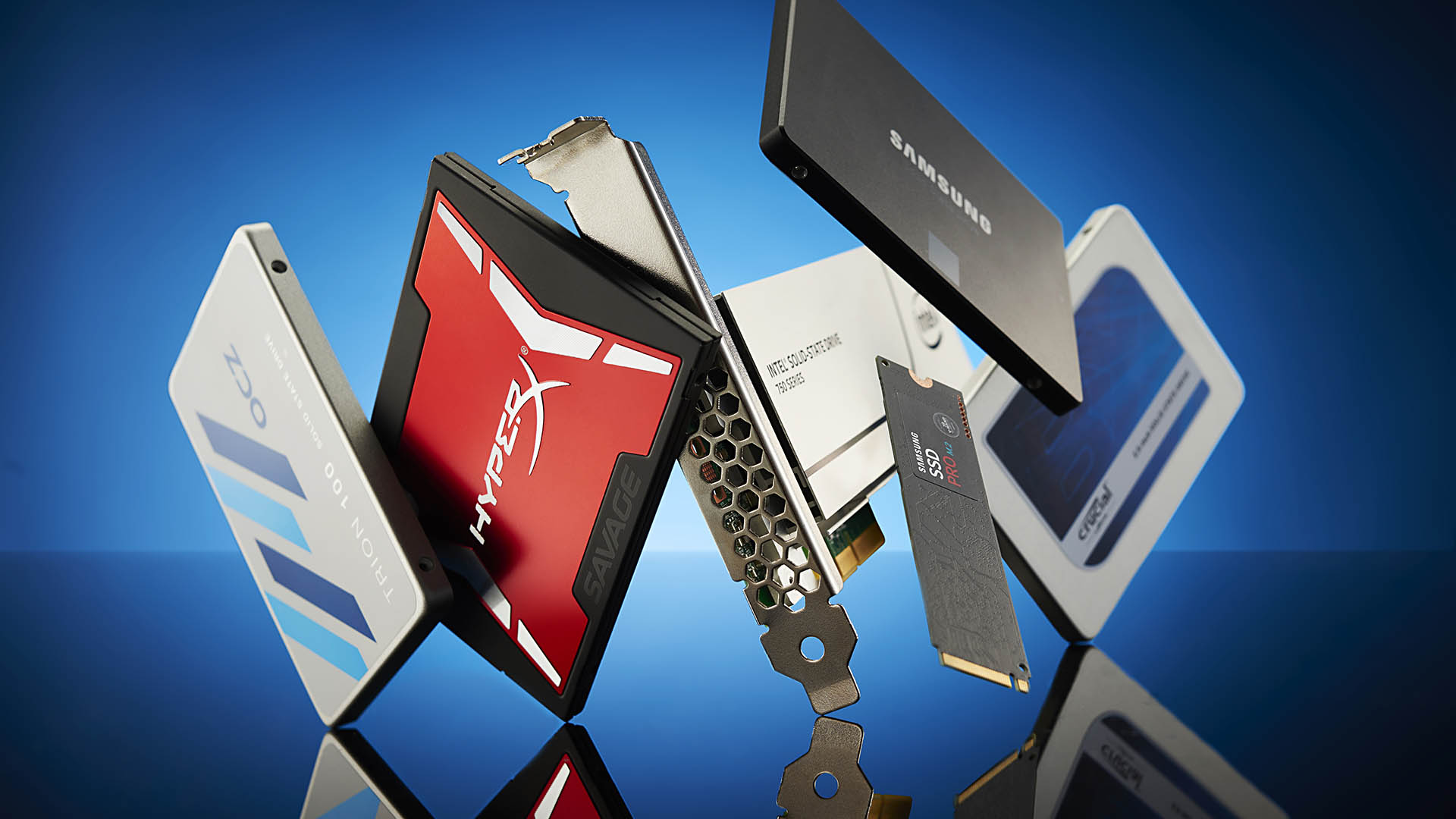Phison's new PCIe 5.0 chip ushers in the new age of super fast SSD storage
Phison's custom SSD controller solution will double the bandwidth of today's tech.

A new SSD standard is coming, and it's going to be lightning fast. Helping usher us into the new age of super fast SSDs, Phison just came out with an announcement that its first PCIe 5.0 customised SSD controller is in the works, and should be in mass production by 2022.
The news (via BenchLife) puts more weight into the notion that PCIe 5.0 is expected to arrive next year some time—as long as supply chain issues don't have too much of a negative impact—though we were hoping for the new standard to hit around the same time as Intel's upcoming Alder Lake CPUs.
Either way, with Phison grinding away at these upcoming controllers, and Kioxia's recent PCIe 5.0 prototype teasing us with 14,000MB/s sequential read and 7,000MB/s sequential write speeds, we're staring down yet more nails in the coffin for our current best PCIe 4.0 SSDs.

Best SSD for gaming: the best solid state drives around
Best PCIe 4.0 SSD for gaming: the next gen has landed
The best NVMe SSD: this slivers of SSD goodness
Best external hard drives: expand your horizons
Best external SSDs: plug in upgrades for gaming laptops and consoles
Phison's new controller, named PS5026-E26, will retain a 12nm semiconductor process, and combines ARM R5 processor and CoXProcessor 2.0 architecture. It will be compatible with M.2, U.3, E1.S, and E3.S products, among others, so next-gen motherboards are edging ever closer to our grasp.
There's still a little while to wait before the tech trickles down to consumers, but we may be totally wiped out by the time it gets to us, anyway—with companies like Samsung looking to copy the human mind onto an SSD, just imagine how much faster PCIe 5.0 SSDs will make the process.
Hello, Transcendence.
Keep up to date with the most important stories and the best deals, as picked by the PC Gamer team.

Screw sports, Katie would rather watch Intel, AMD and Nvidia go at it. Having been obsessed with computers and graphics for three long decades, she took Game Art and Design up to Masters level at uni, and has been rambling about games, tech and science—rather sarcastically—for four years since. She can be found admiring technological advancements, scrambling for scintillating Raspberry Pi projects, preaching cybersecurity awareness, sighing over semiconductors, and gawping at the latest GPU upgrades. Right now she's waiting patiently for her chance to upload her consciousness into the cloud.

